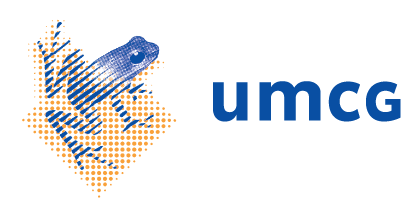MR-guided proton therapy
Assesment of the clinical benefit of MR-guided proton therapy
Proton therapy (PT) is a very precise treatment modality for cancer patients, achieving better outcomes than conventional radiotherapy with less side effects for many indications. At present PT is delivered without real-time, online confirmation of the internal patient geometry. This means that the target is not clearly visualized during treatment delivery, which reduces the precision of PT. This is of special concern for moving targets such as the lung tumors. Magnetic resonance (MR) imaging is a radiation-free medical imaging technique, known for its good soft-tissue contrast. Online MR-guidance for PT, envisioned to be achieved with a combined PT-MR machine, enables monitoring of the patient geometry while delivering the treatment. This opens up new possibilities for treatment adaptations.
We work on assessing the clinical benefit of MR-guided PT, to guide an optimal PT-MR design. We furthermore develop tools to enable a realistic simulation of treatments delivered by PT-MR machines. Our aim for the coming years is to design a combined PT-MR prototype setup at KVI-CART.
People involved
Antje Knopf, Hans Langendijk, Ronald Borra
Collaborators
KVI-CART, Groningen, Netherlands:
Sytze Brandenburg
UMCU, Utrecht, Netherlands:
Bas Raaymaker
UCL, Louvain-la-Neuve, Belgium:
Kevin Souris
References
K. Souris et al. “Fast multipurpose Monte Carlo simulation for proton therapy using multi- and many-core CPU architectures.” Med Phys. (2016) 43(4):1700 (pdf)

 English
English
 Nederlands
Nederlands
